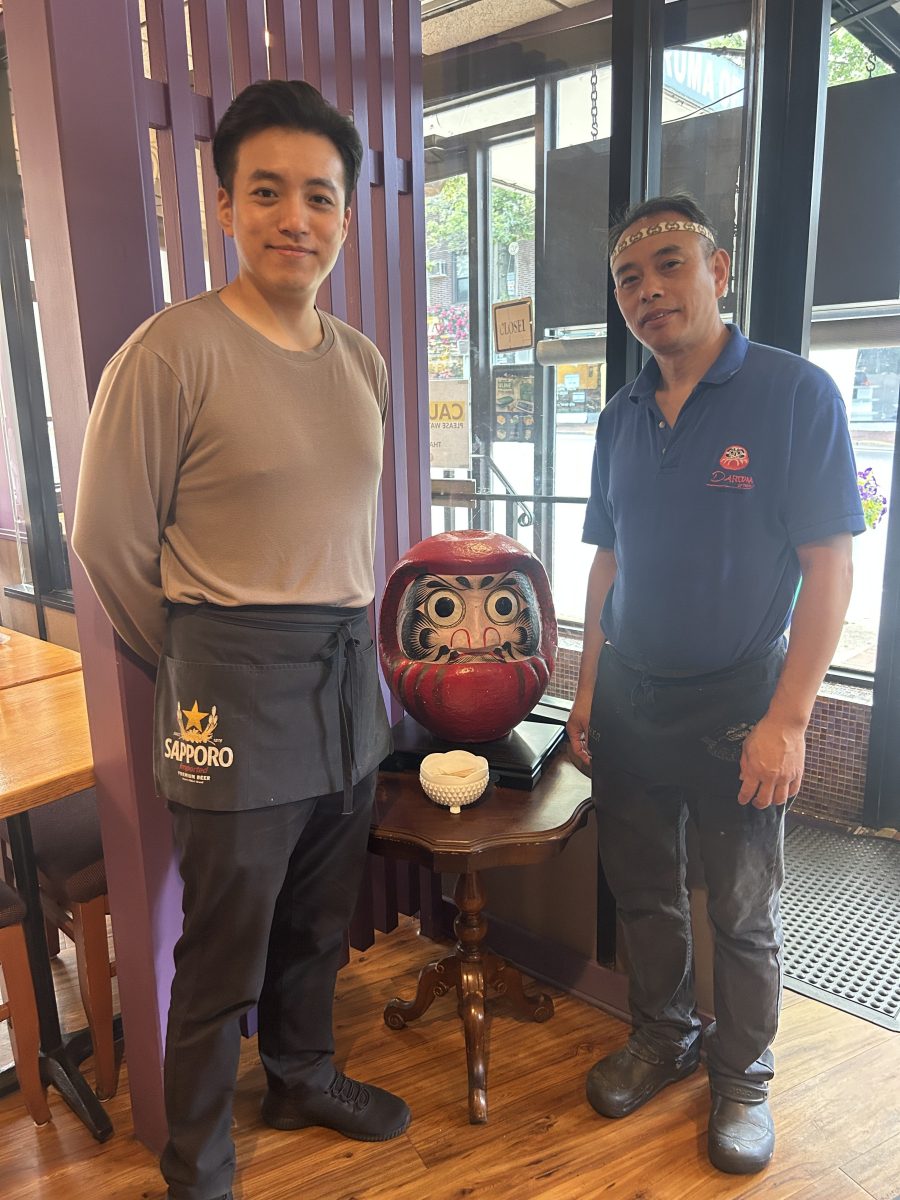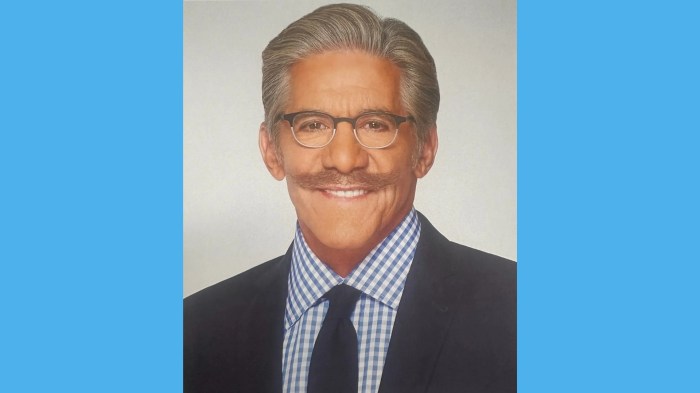Walking through the quiet, tree-lined streets of Great Neck, it’s easy to overlook a tucked-away gem that’s been feeding generations of locals since 1985.
But for those in the know, Daruma of Tokyo isn’t just a sushi restaurant — it’s a living time capsule, a community cornerstone and a symbol of unchanging comfort in a constantly shifting world.
Daniela Saadat (guest writer for this column) and I recently stopped by to meet and greet the new owners of this iconic eatery, who took over from the family of Yoshi Hirashima, its original founder.
Daruma 2.0
Now under Tom Yang Jr.’s and his father’s stewardship, also named Tom, Daruma is entering a new era — not with sweeping changes, but with gentle stewardship rooted in love, legacy, and just the right dash of innovation. Together, the father-son duo stepped in to save the beloved restaurant which was in peril of closing, following the many others in the area that were casualties of rising rents and shifting trends.
For Tom Jr., Daruma is more than a business — it’s a part of his childhood. He spent countless hours growing up inside Daruma’s warm, wood-paneled walls, watching his father behind the sushi counter, now going on thirty years.
“The picture of the naked lady is still here!” he laughs, referring to a decades-old framed image that regulars would instantly recognize. #iykyk
Those touches that make Daruma special are not going anywhere and for many, that is amazing, welcoming news.
Why Save Daruma?
Long Island has seen sushi restaurants come and go, but few can match Daruma’s original pedigree.
Opened in the mid-’80s — a time when sushi was still a novelty in the U.S. — Daruma was a true pioneer. Its founder, Yoshi Hirashima, whose name is fondly remembered by longtime locals, built something quietly iconic.
Preserving that legacy isn’t just good business for Tom and his father — it’s personal.
“Daruma feels like home,” he says. “People don’t want it to change.”
And remarkably, it hasn’t. Tom could not be clearer in his intentions in keeping the Daruma going for generations to come, precisely as it was in Yoshi’s day.
Great Neck is no stranger to sushi. But this place, this place, has true street cred, an O.G. that has stood the test of time.
Unchanged, Unbothered — and Unmistakably Daruma
Step inside today and you’ll find the same menu, the same prices, and the same low-key vibe that’s made Daruma a second kitchen for many in the Great Neck community. It’s a place where customers are greeted by name, and where some dine as often as three times a week.
Still, Tom knows that even the most beloved institutions must adapt carefully.
He’s been introducing slow, deliberate upgrades, including a hidden speakeasy-style backroom outfitted with claw machines where guests can win plush collectibles like Labubus. It’s whimsical, unexpected, and beloved by younger visitors — a clever way to drive engagement without raising menu prices.
Also coming soon: an app to order takeout and delivery service for the first time in 40 years. There will also be a few modern menu specials, including a miso black cod appetizer inspired by Nobu. Yes, please.
Balancing Old and New
Tom is no stranger to entrepreneurship. Before taking over Daruma, he founded Taiyaki NYC, a wildly popular dessert brand that became one of the most Instagrammed dessert spots in the country. That experience — plus a science degree from NYU and a rigorous education at Bronx Science — gives him a grounded, analytical approach to small business.
But even with modern tools like social media, third-party apps, and analytics, Tom insists on keeping things real.
“Our focus is tradition, consistency, and service,” he says. “You can’t run a restaurant like this on hype alone. If your food isn’t consistent, if you don’t know your customers, you’re done.” Clearly, Tom understood the assignment.
The Melting Pot of Great Neck
Daruma’s regulars span generations and backgrounds.
“Everyone is happy eating here because we aren’t restrictive,” Tom explains. “We try to know people by name. That’s how you build something that lasts.”
Running Daruma is not easy, given stiff competition, aging equipment, and high rent. But Tom and his father are not in this for short-term gain.
“We are not chasing trends, we are preserving a legacy for the future.” How? By focusing on the customer experience, quality food, and a timeless atmosphere. Daruma is casual, Tom says. “It’s real. It’s Home.” And somehow, even in a world of constant reinvention, that feels like the most radical idea of all.



































